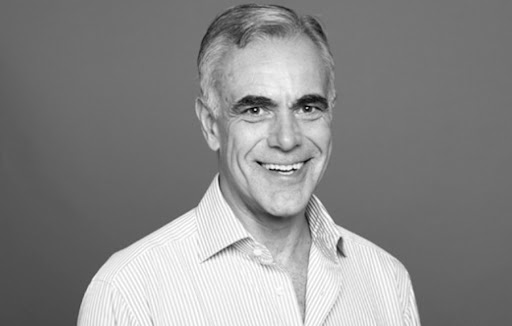Ramon de Oliveira is the owner of “RdeO Consulting LLC”, a firm that advises corporate leaders on strategy and its communication. Recently, he found that a few CEOs are questioning the value of strategy, preferring to focus on “execution.” This reminds him of the following joke: an airline pilot tells the passengers, “I have good news and bad news. The good news is that we are on time; the bad, is that we are lost!”
Ramon de Oliveira believes that a strategy is essential to survive in these uncertain times. Strategy forces leaders to answer fundamental questions about their business. Strategy is also a process, always evolving and never cast in stone. To be sure, the process ends at one point, and execution must begin. But the questions get revisited periodically in a constantly changing world.
De Oliveira explains what corporate strategy is not, and what it must be
He says there is still a lot of confusion about strategy.
Strategy is not a goal, like “we want to capture a 5% market share.”
Strategy is not a wish either (“We aim to grow our retail business.”). Growth is not a strategy, but an outcome of strategy. Finally, strategy is not a general statement of intention, “be a force for good,” for example. Good intention but not a strategy.
Strategy is a two-step process.
Strategy starts with a diagnostic of the firm, a number of questions that must be answered. What do we do? Why? For whom? What makes us different, if anything? This diagnostic concludes with a list of obstacles that the firm must overcome if it wants to outperform its competitors.
Strategy then lists concrete actions to overcome the obstacles and build a unique position in the eyes of the firm’s chosen customers.
De Oliveira details how a clear corporate strategy is important to employees
De Oliveira says uncertainty requires clarity at the top of the firm.
Corporate strategy can bring this level of clarity and help to motivate employees. They want to be part of a meaningful and successful adventure. They want to know that their work has a purpose and that it helps them grow.
But far too often, employees have no idea what their work has helped to create and why it is valuable. They need to see that the leadership team is lucid about the challenges they face, and clear about where they need to go and how.
Finally, employees want to be part of a unique organization.
A sound strategic process brings all of this together: the what, the why, and the how.
Ramon de Oliveira states why corporate strategy needs to evolve
De Oliveira remembers a great line from the boxer Myke Tyson: “everyone thinks they have a strategy until they get punched in the mouth!”
Military commanders say the same thing differently: a strategy always changes when you meet the enemy.
They all remind us that strategy cannot be static but evolving.
A corporation does not operate in a vacuum. It evolves in a complex environment made of customers, competitors, communities, regulators, the list goes on… Any one of these has objectives or constraints that may force the corporation to alter its strategy. This means that corporate leaders must have their ears to the ground, ready to change course if and when required.
In the end, therefore, de Oliveira believes what matters most is to have a “strategic process” mindset- a willingness to revisit the questions raised above in search of more current answers. And then go back to execution.
We should listen to Winston Churchill: “planning is important, not plans.”




